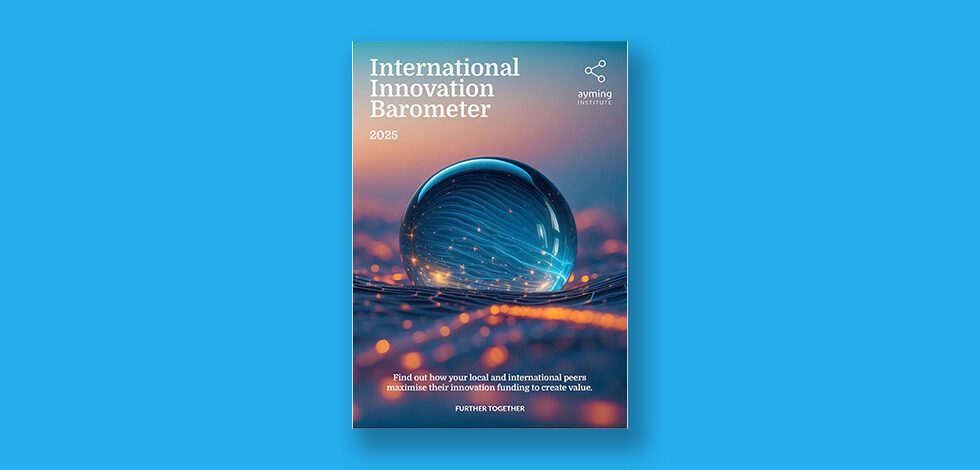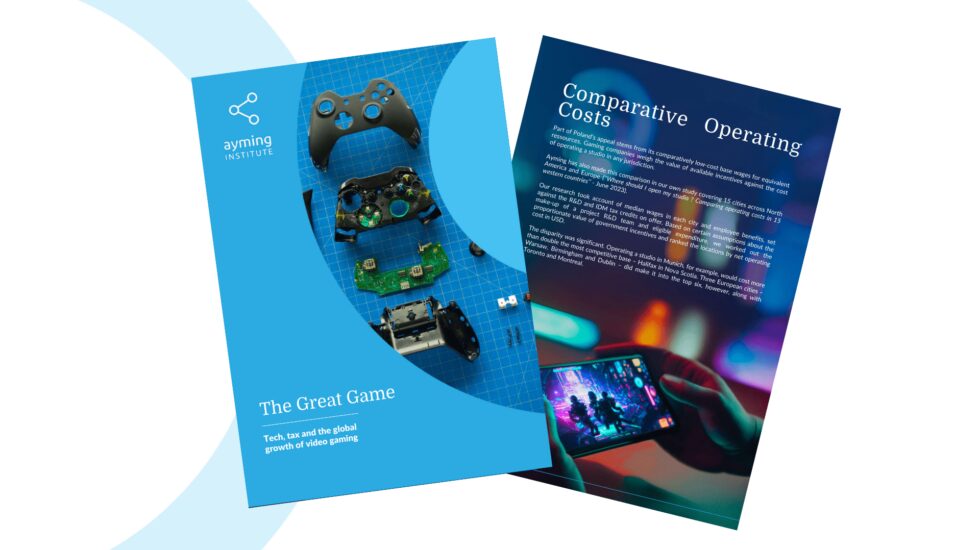Millennials seem to be getting a lot of bad press but James Bousher argues that perhaps CPOs could actually learn a thing or two from them.
Professional services powerhouses KPMG and EY recently announced changes to their graduate admissions processes as a response to the so-called ‘millennial’ generation. Interestingly, when reading commentary about the cause of these changes, most news outlets have referred to the reaction as a means to “suit” or “cater” to millennials. Either word, whether wittingly or not, seems to give the impression that the change has occurred begrudgingly.
This opens the question as to whether learning from millennials is something that should permeate through the wider business environment. Rather than being seen as a burden or a nuisance, business leaders and managers should see the opportunity that millennials bring to their workforce. Generationally, millennials’ bring seemingly different values, priorities and approaches to the work place.
This brings a large opportunity for businesses to adapt and learn from millennials, particularly when 50% of their workforce will be made up of millennials by 2020. This is especially the case within procurement and supply chain, which is likely to face a skills gap as older and experienced colleagues retire over the coming years. CPOs need to find a way to attract and retain millennials in a function that already has a reputation problem, often perceived as slow paced and administrative. Rather than making superficial adaptations to appease millennials, CPOs should be embracing the change millennials bring with them to the working environment. By looking to learn from the different ways in which they live and work, CPOs can create a sustainable, valuable and robust procurement function for the future.
Use the right technology
An obvious topic when talking about millennials is the importance of technology. Millennials are generally very comfortable with technology, with it forming an integral part of their day-to-day life. Technology utilisation within procurement is not quite so prolific. Whilst its uptake is growing rapidly and can provide significant added value to the function (spend analytics offers valuable insight on setting your procurement strategy, likewise, an e-auction allows your company and suppliers to cut sourcing costs and time dramatically), unfortunately all too often the wrong technology is already in place.
If a member of your procurement department is using a complex piece of e-sourcing software as a glorified mail client, and having to wait minutes to open a formula laden excel spreadsheet to understand how much was spent last month, then it doesn’t sound like a technology profile likely to appeal to, or retain a millennial. There’s a reason Google+ didn’t take off, it didn’t deliver the ‘easy to use’ additional value required to displace social media giant and millennial staple, Facebook. From a CPO’s perspective, the lesson to take from this is prioritising technology that is most beneficial to your business, creating simple and logical solutions. There is no value in unnecessary complexity.
Move away from tradition
As can already be seen by established large firms feeling the pressure of competition from start-ups and technology firms, millennials are shunning traditional roles in favour of something different. Part of the appeal of start-ups for younger generations is the innovative and adaptable nature of an organisation that you’ll get to see and help grow. The fluidity of a start-up is a heavy juxtaposition to the perceived rigidity within a traditional category and savings focused procurement function. Whilst I’m not suggesting that CPOs completely get rid of their category-based organogram, it is important to engage staff and stave off the monotony of focusing on one category day-in day-out. The introduction of consultancy style sourcing teams, or setting targets which are not solely savings based, will keep staff engaged and provide greater meaning to the role which in turn will create a stronger, more successful procurement function.
Become a yes function
As the recent EU referendum highlighted, with 73% of 18-24 year olds and 62% of 25-34 year olds voting in favour of ‘Remain’, most millennials favour an integrated and collaborative approach to governance. This is also true within the professional environment; millennials want to work in a business that is doing something positive, is seen to be innovating and is not afraid to take a risk. Too often this is the antithesis of how procurement departments are perceived, often acting as a reactive gatekeeper or administrator which only serves to slow the business down with forms and bureaucracy.
Procurement leaders and managers should embrace the millennial way and move to position their department as a proactive function, where change and innovation is encouraged and the needs of the business’ are truly understood. In doing this, it will only generate greater credibility within the business. This will allow procurement to become involved earlier on in the design, planning or budgeting phases and be viewed by colleagues as adding value, rather than simply facilitating sourcing.
It is important to remember that millennials are still new to the job and have a lot to learn in their careers. Mentoring and working with experienced colleagues is important in the development of any young professional. It is often forgotten that learning is a two-way street though. The old adage goes “you can’t teach an old dog new tricks”. However, what it doesn’t say is that an old dog shouldn’t try to learn new tricks. In this business environment where millennials are becoming ever more prevalent, business leaders need to learn from their younger colleagues to further themselves and their operations. Otherwise, the puppy with all the tricks may start to seem more appealing than the old dog that can play fetch.
About the author James Bousher is a Senior Operations Performance Consultant, specialising in procurement and supply chain, at Ayming. James has a degree from Cambridge University in Land Economy & Management.












No Comments